Down syndrome: New treatments debunk preconceptions
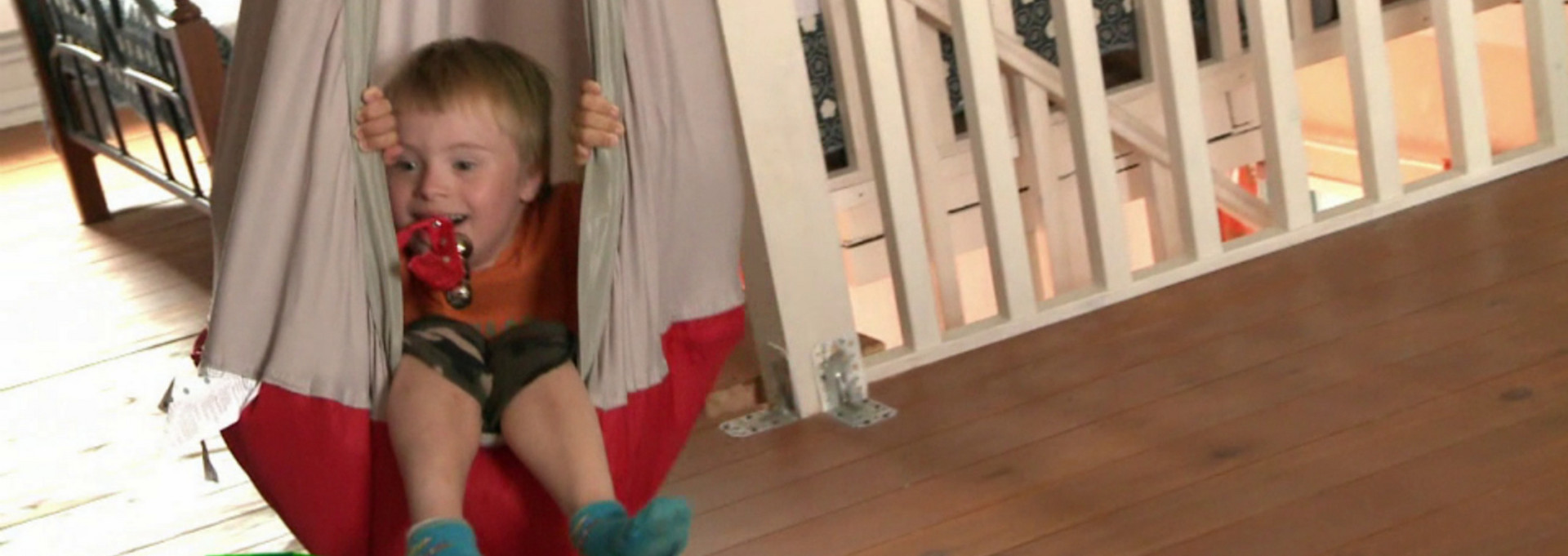
Down syndrome is a genetic disorder caused by the presence of an extra copy of chromosomes in cells. The severity of the symptoms varies greatly, from impaired mental abilities to delayed growth and other physical problems.
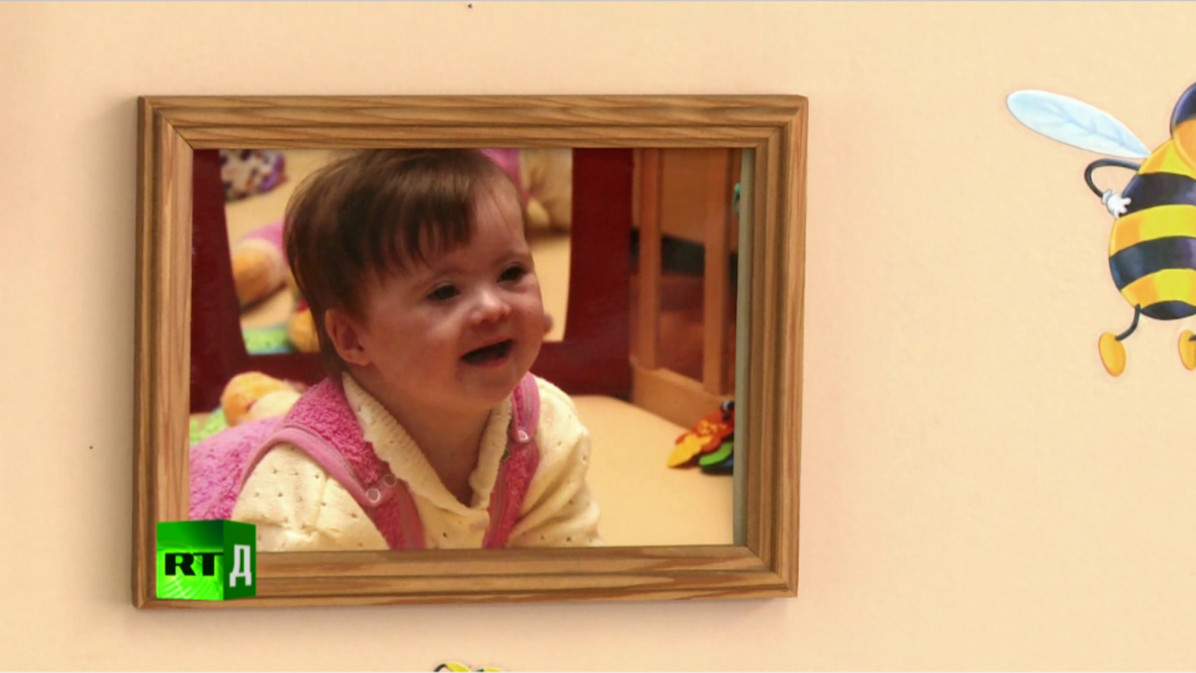
Common signs of Down syndrome are:
- Flat facial features and a small head
- Stunted growth
- Intellectual problems, e.g. slow learning and short attention span
- Umbilical hernia
- Short neck, hands, and fingers
- Poor muscle tone
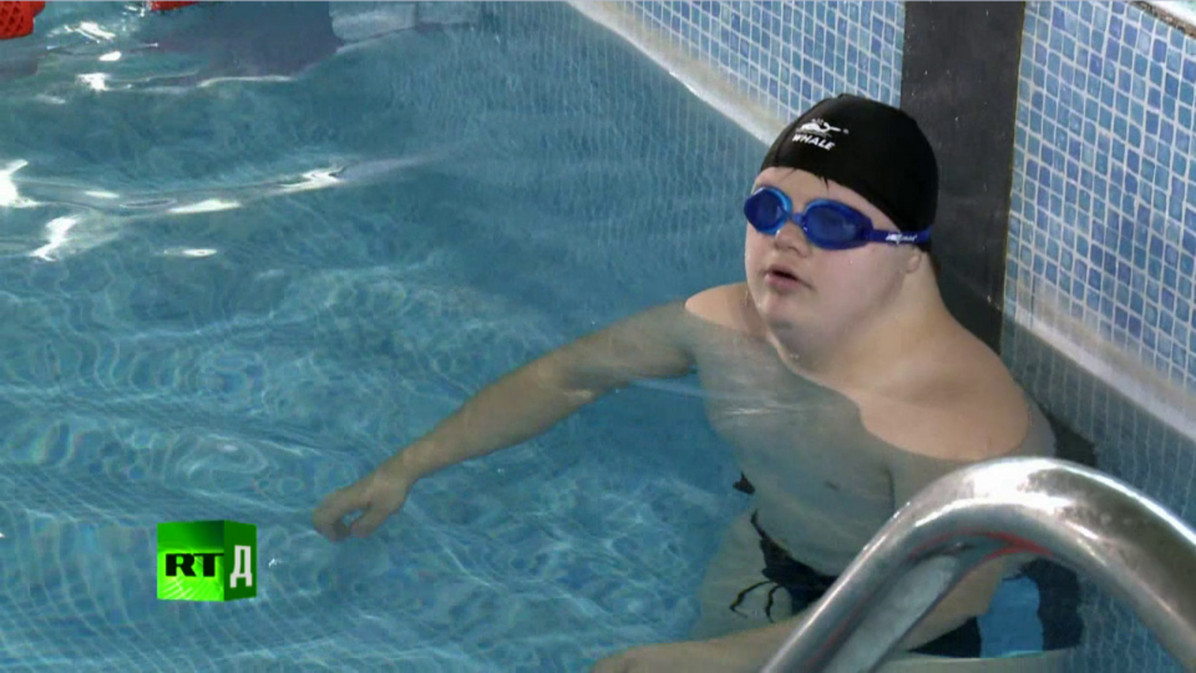
There is currently no cure or treatment for Down’s. People afflicted by this syndrome are at risk of developing Alzheimer’s, as well as various heart diseases. They must see psychiatrists, cardiologists, and other doctors frequently because they will often develop other mental or physical problems. Many have difficulties with language or communication from childhood and have to undergo speech therapy. Activities such as sports and dancing may be useful for Down’s patients with physical and coordination problems.
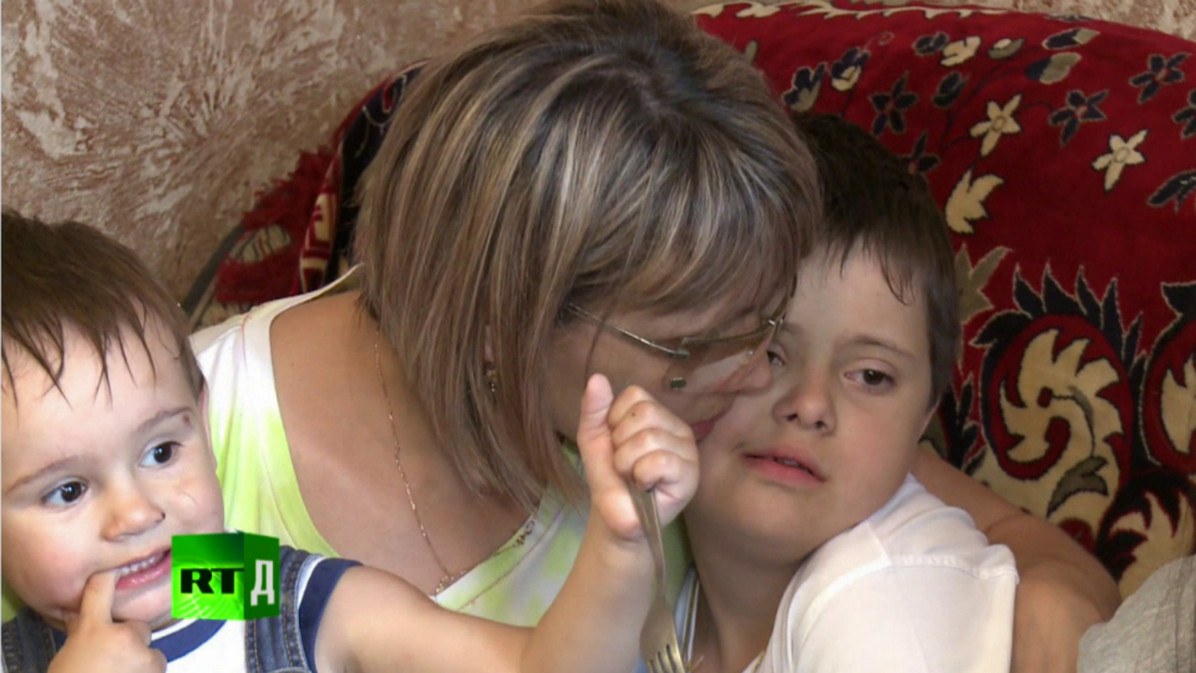
Children with Down syndrome are greatly helped by supportive family and school environments. Especially during the early years, parents must help their children develop basic skills. School helps afflicted children integrate into the community by providing them with a place to interact with other kids.
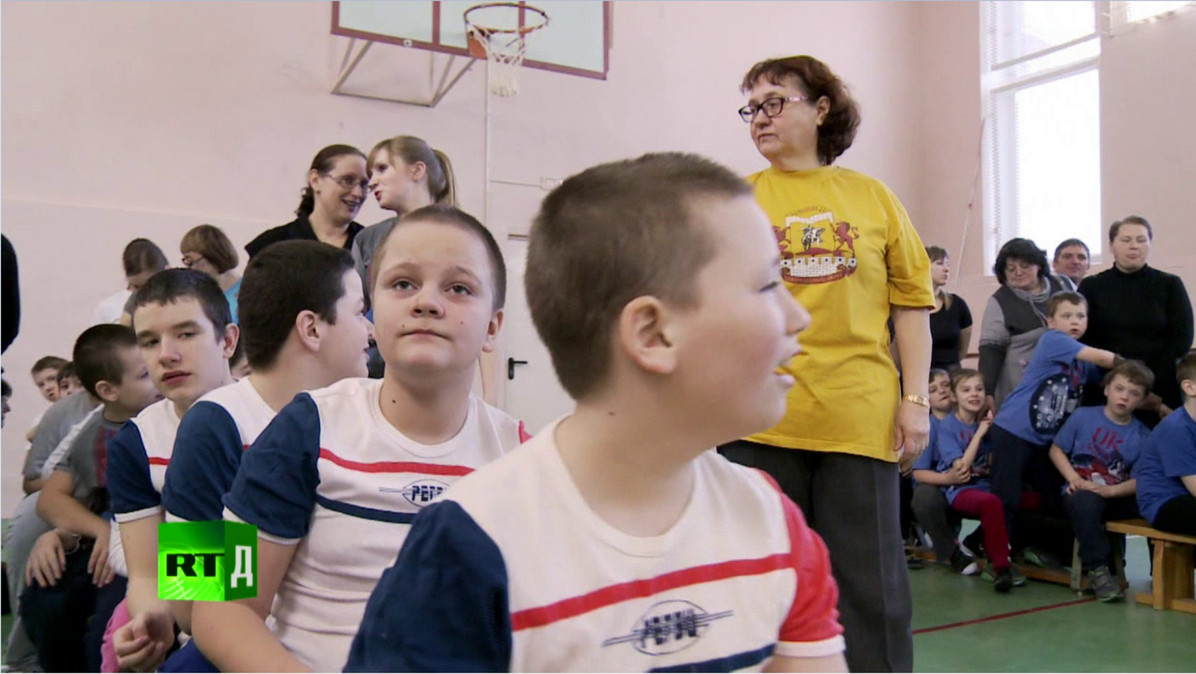
Some people with the syndrome have major mental impairments and physical disorders that make it very difficult for them to develop the communication skills necessary to live an independent life. Adults with milder cases of Down syndrome can attend regular schools and even universities. Afterwards, they often get normal jobs, live independently, and even start families.
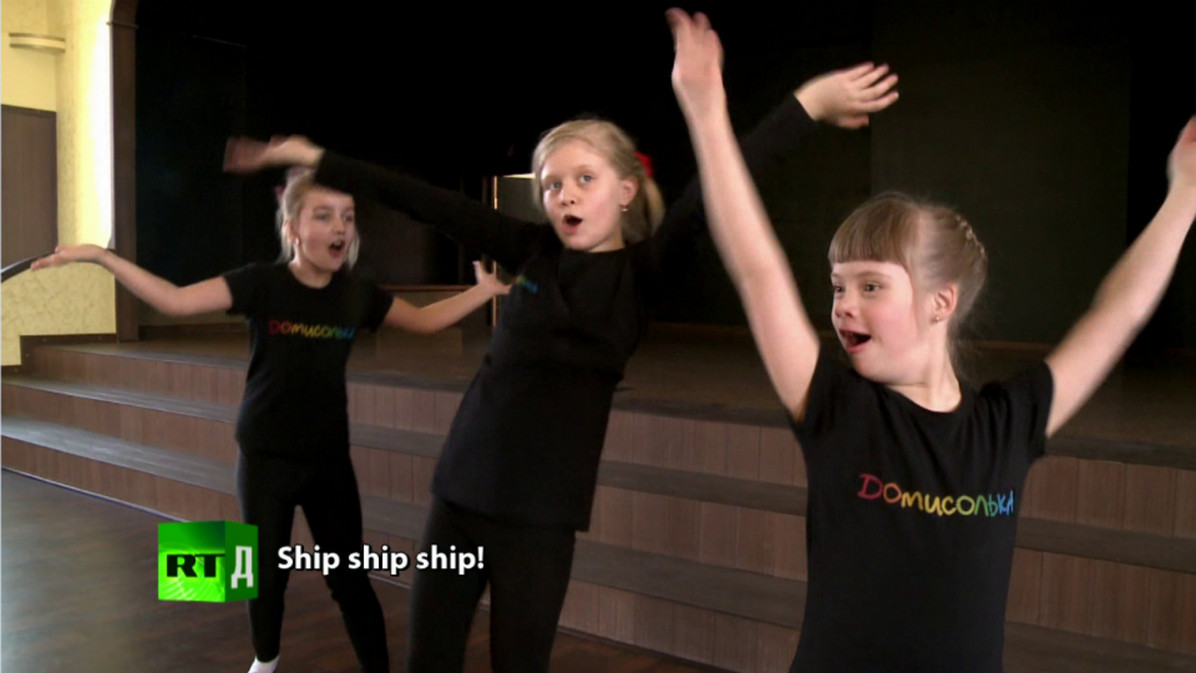
However, strong societal prejudices and other obstacles often make this difficult. Consequently, special organizations have been founded to help adults with Down’s obtain housing, care, support, and even jobs.
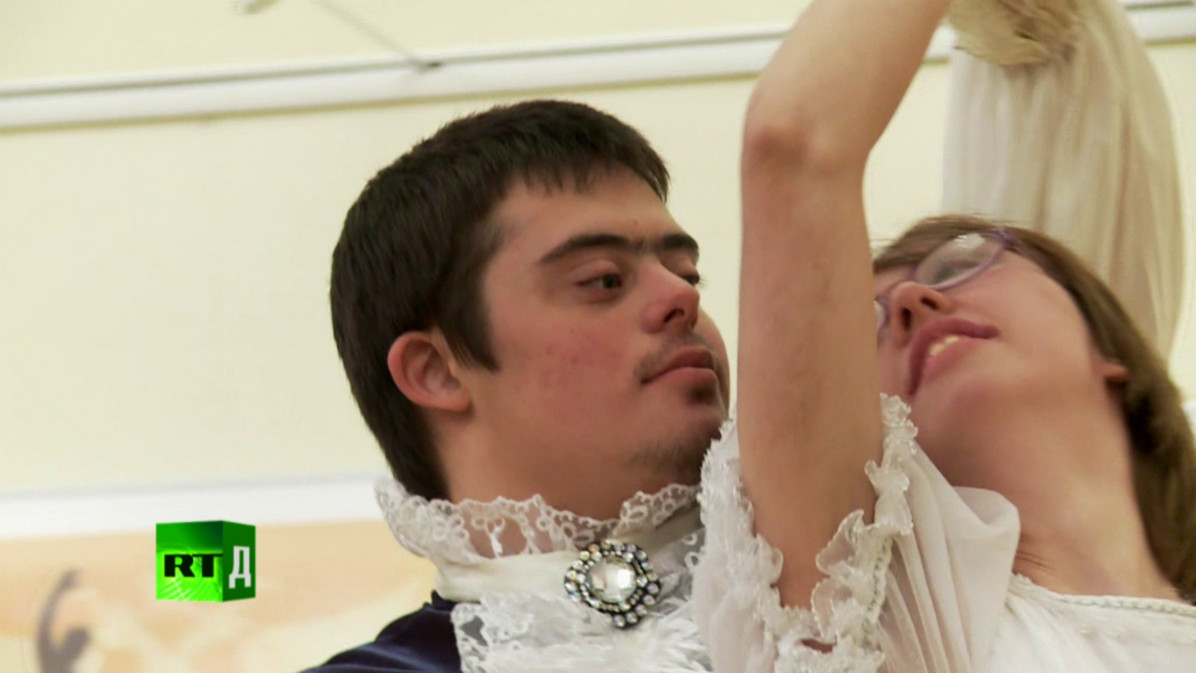
Adults with Down syndrome often cloister themselves in their homes because they are afraid or don’t want to communicate with the rest of the world. Some organizations have adopted a mentoring system that helps these people overcome their fears and make new friends.
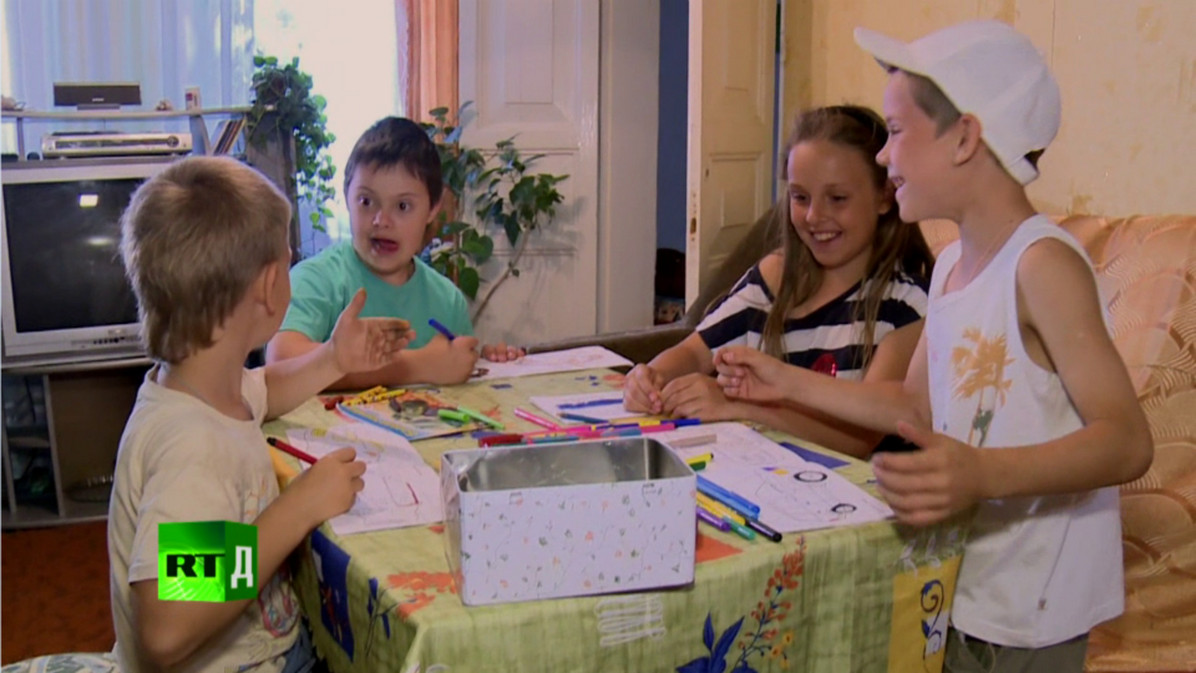
Famous people with Down syndrome:
- Charles Waring Darwin, son of Charles Darwin
- Anne de Gaulle, daughter of Charles de Gaulle
- Karren Gaffney, first person with the syndrome who received an honorary doctorate degree, Special Olympics athlete
- Pablo Pineda, first European to graduate from university
- Chris Burke, singer and actor, known for playing in ‘Life Goes On’
- Paula Sage, Special Olympian, BAFTA Scotland winner
- Lauren Potter, actress (‘Glee’)
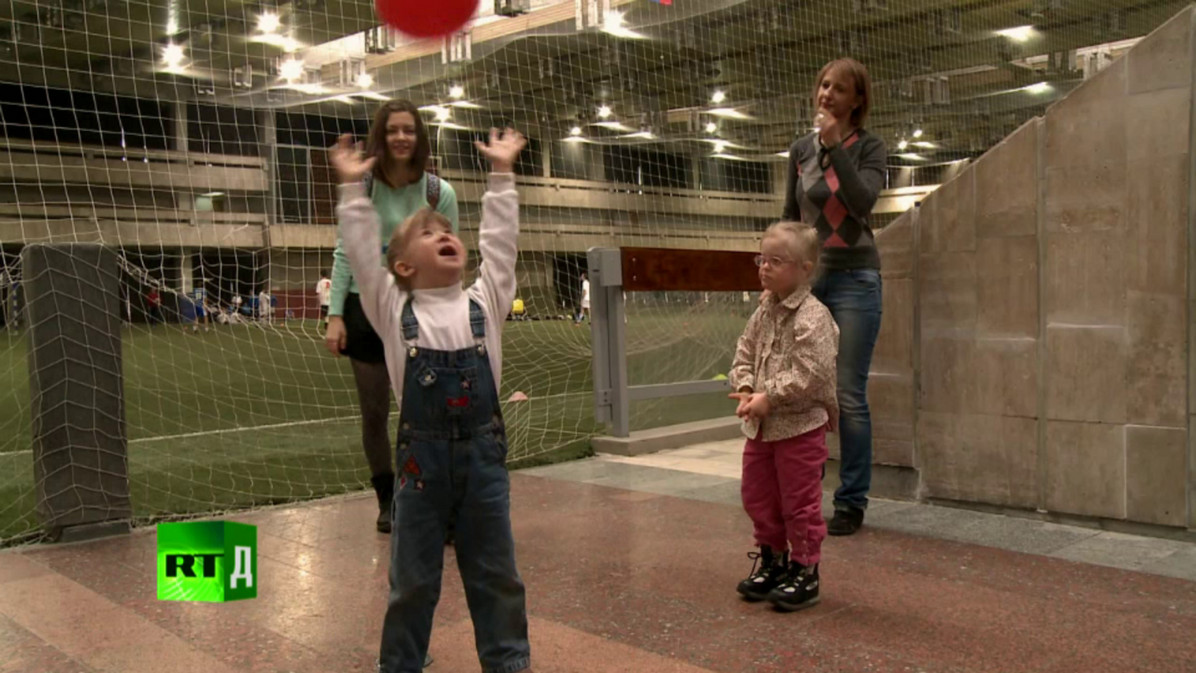
More films on people with Down syndrome